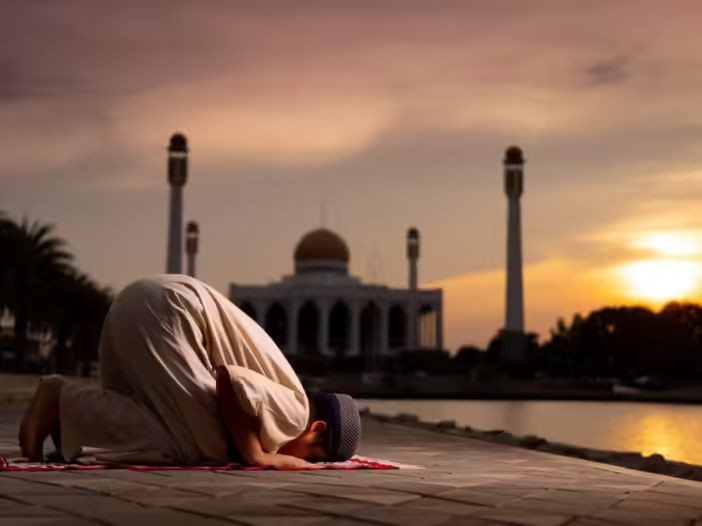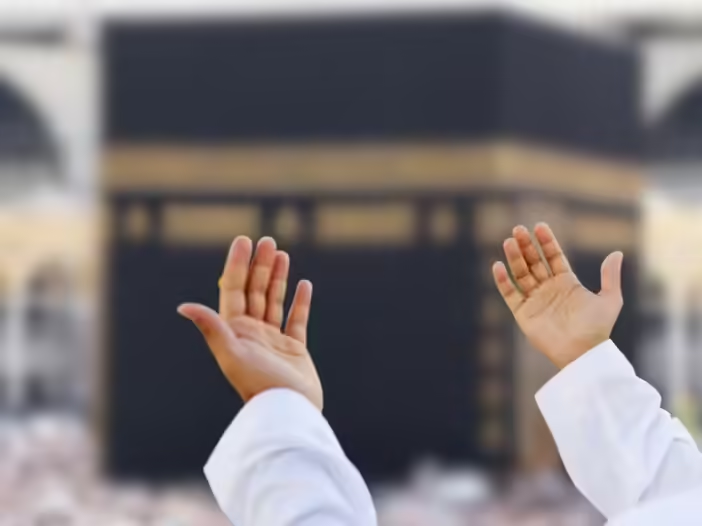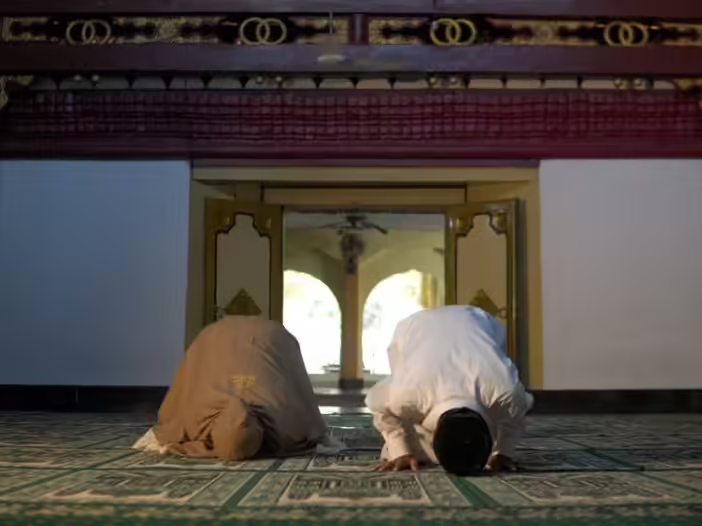Prostration of recitation is a single prostration that a Muslim performs when they read the Quran or listen to it and come across a verse that requires prostration, whether during prayer or outside of it. Here are some of its rulings: Ruling on Prostration of Recitation: It is a Sunnah (recommended act) whether during prayer […]
Ibadaat
Acts of Worship in the Month of Rajab
Rajab is one of the sacred months in Islam, coming just before the blessed month of Ramadan. Engaging in virtuous acts during Rajab prepares the heart for the spiritual journey ahead. Here are some recommended acts: Recommended Acts in Rajab Acts to Avoid in Rajab Some practices associated with Rajab have no basis in the […]
Sunnah Acts of Fasting
Sunnah Related to Suhoor and Iftar When fasting, whether during Ramadan or voluntary fasts, it is recommended to follow certain Sunnah practices that the Prophet Muhammad (peace and blessings be upon him) observed. These etiquettes enhance the fast and multiply its reward: Sunnah Related to the Character of the Fasting Person Fasting is not merely […]
Guidelines for Fasting Outside Ramadan
Fasting in Islam is categorized into different rulings outside of Ramadan. Understanding these classifications helps Muslims observe their fasts appropriately. Categories of Non-Ramadan Fasting Understanding the various types of fasting beyond Ramadan is essential for Muslims striving to deepen their spiritual practice. Below are the main categories to keep in mind: Types of Voluntary Fasting […]
The Proper Way to Seek Forgiveness استغفار
Different Forms of Seeking Forgiveness in the Quran Islam doesn’t limit seeking forgiveness to one specific phrase. Various forms are mentioned in the Quran and the teachings of the Prophet Muhammad (peace be upon him). Here are some examples from the Quran: “(رَبِّ إِنِّي ظَلَمْتُ نَفْسِي فَاغْفِرْ لِي)” – “My Lord, I have wronged myself, […]
How to Perform the Prostration of Gratitude (Sujood ash-Shukr)
Introduction to the Prostration of Gratitude Sujood ash-Shukr (سجود الشكر) is one of the recommended prostrations, similar to the prostrations of recitation and forgetfulness. It is done outside of prayer, and doing it within prayer invalidates the prayer. It is performed when a person receives a new blessing, encounters a joyful event, or is saved […]






